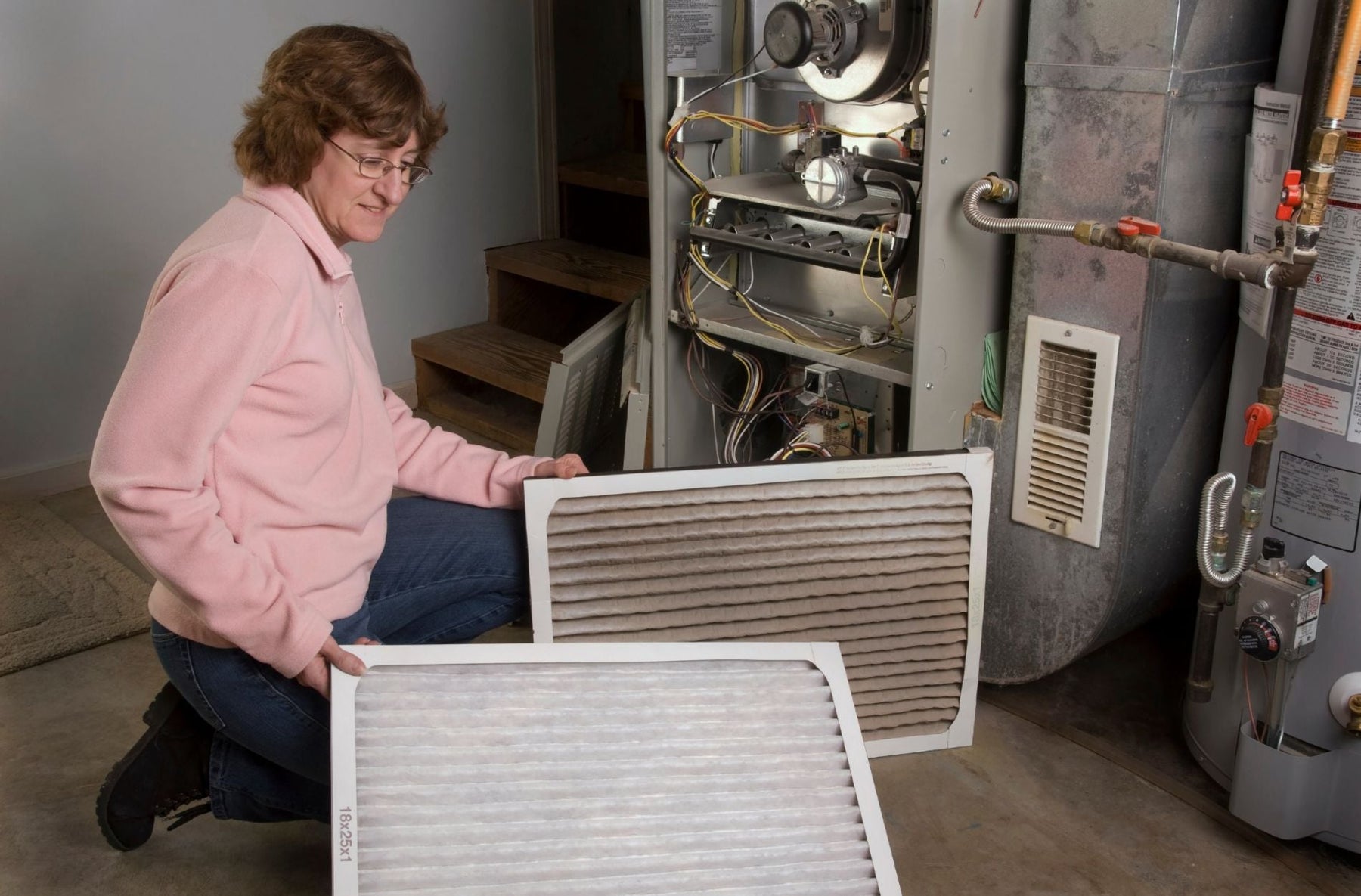
What to Look for in Quality Air Compressor Filters
A clean, dependable air compressor is important when you're working with pressurized air systems day in and day out. One small part that plays a big role in how well your equipment runs is the air compressor filter. It might be easy to overlook, but this filter keeps debris and moisture from building up inside your compressor, where they can cause wear and tear that shortens its life.
Not all filters are made the same. If the wrong one is used or it's not replaced when needed, clogs can slow down your machine and even damage parts over time. A solid air compressor filter helps maintain good airflow, protects internal components, and keeps your tools running smoothly, whether you're running a small auto shop or maintaining production equipment in a larger facility. Knowing what to look for in a quality filter can make a real difference in how well your compressor performs and how long it lasts.
Understanding Air Compressor Filters
Air compressor filters are designed to catch unwanted particles or moisture before they flow through the system. This helps protect the inside of the compressor and any tools or equipment on the other side of the line. If unfiltered air makes it into the system, it can lead to corrosion, clogged parts, and extra wear that drives up downtime and repair needs.
Here are a few types of air compressor filters you’re most likely to come across:
1. Particulate Filters: These are used to remove solid contaminants like dirt, dust, or rust from the air supply. They’re commonly placed after the compressor to help keep the airflow clean through the rest of the system.
2. Coalescing Filters: These target liquids like oil and water. A coalescing element traps tiny liquid droplets and pulls them together until they’re heavy enough to drain out of the system. They work well in environments with heavy oil carryover.
3. Activated Carbon Filters: These are used to absorb odors and vapors. Often paired with coalescing filters, they’re helpful if you need extremely clean air, such as for painting or working on electronics.
4. Intake Filters: Placed before the compressor, these prevent large debris or airborne contaminants from entering the system in the first place.
Each filter plays a different role, but they all serve the same purpose: keeping contaminants out. Without proper filtration, your system has to work harder, which means higher energy use and a greater chance of something breaking down. Something as small as a faulty or misused filter can affect the whole system, even reducing the accuracy of air-powered tools. For example, if water gets past a coalescing filter and reaches a painting tool, it can cause patchy applications and corrosion over time.
Understanding the difference between filter types means you're already one step ahead. Whether you're just starting to learn the ins and outs of your compressor or you’ve been maintaining systems for years, choosing the right filter for the job helps support better performance across the board.
Key Features of Quality Air Compressor Filters
When searching for a quality air compressor filter, a few standout features can ensure you're getting the best. One key aspect is durability. Filters should be built with sturdy materials that can withstand the pressure changes within the system. Look for filters that won't easily crack or degrade over time. They should be reliable enough to withstand various operational environments, whether you’re dealing with extreme temperatures or high humidity levels.
Filtration efficiency is another important element. This refers to the filter's ability to capture contaminants effectively. A filter with high efficiency will have a greater capacity to trap dirt, dust, and moisture without getting clogged quickly. The capacity of the filter also matters because it determines how long the filter can operate before needing a replacement. A large capacity filter will typically last longer, minimizing downtime for maintenance.
Regular maintenance is important for keeping filters in top condition. Ease of replacement is a feature that often gets overlooked. A quality filter will have an accessible design that allows for quick swap-outs, reducing the need for complex tools or advanced skills. This kind of simplicity not only saves time but also encourages regular upkeep, helping your compressor run better and longer.
How to Choose the Right Air Compressor Filter
Choosing the right air compressor filter takes a little know-how about what your system needs. Start by looking at the size and model of your compressor. A filter needs to match those specifications so it fits well and works the way it should. Check your compressor's manual or talk with someone who has professional experience if you're unsure.
Then think about your work environment. A dusty auto shop will need a different kind of filter than a facility where there’s a lot of oil mist in the air. Here's a checklist to guide your filter choice:
1. Make sure the filter fits your compressor model.
2. Identify the types of contaminants common in your workspace.
3. Think about how often the filter will need to be changed.
4. Check that the filter's efficiency and capacity meet your system's airflow demands.
Also, take a look at cost with long-term performance in mind. A cheaper filter might feel like a good deal at first, but it could lead to clogs or other system issues that cost more down the line. On the other hand, investing in a better-quality filter can reduce wear and tear on your compressor and decrease how often you need to do maintenance.
The Perks of Using High-Quality Filters
Picking a high-quality air compressor filter pays off in more ways than one. For starters, it helps your system produce cleaner air. That means smoother, safer performance for tools and equipment. It also protects against issues that come from water, oil, or dirt creeping into the system.
With the right filter in place, your system is less likely to break down. When dust and debris are blocked at the start, your compressor and tools stay cleaner on the inside. That cuts down on cleaning, repair work, and wasted time. Over time, this lowers your maintenance costs and keeps everything running longer.
Good filters also help machines run more efficiently. A clogged or weak filter can reduce airflow, strain the motor, and mess with pressure consistency. A quality filter avoids those problems and plays a part in keeping the system balanced.
High-performing filters are not just a backup plan. They're a smart part of your regular maintenance habits. If you’re already spending time looking after your compressor, adding a good filter is a simple upgrade that saves hassle later.
Transform Your Industrial Maintenance with Proper Filters
Having the right air compressor filter isn’t just about staying clean. It’s key to getting better equipment performance, fewer repairs, and better tool results overall. Filters may be easy to ignore, but they’re a control point for airflow, pressure quality, and safe operation.
Picking the right one depends on your work environment, compressor model, and how often you want to replace it. With so many types out there, two shops might need completely different filters to get the job done well. Taking the time to choose thoughtfully pays off in less equipment wear and better daily output.
Whether you’re new to air systems or a seasoned shop owner, filter upgrades can make your day-to-day work easier. Clean airflow and protected parts give you more control over your equipment and its lifespan. Making filter quality a priority is a smart way to improve your whole system from the inside out.
Ready to enhance the performance and longevity of your compressing equipment? By choosing high-quality air compressor filters from Compressor Filter Hub, you can keep your system running reliably and reduce the risk of costly downtime. Explore our selection to support your equipment’s long-term success.
